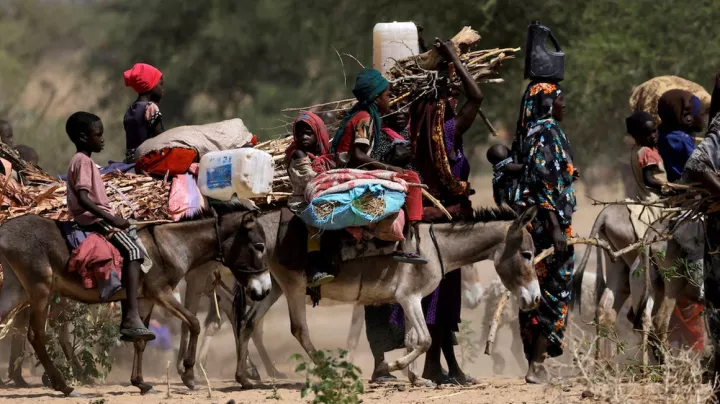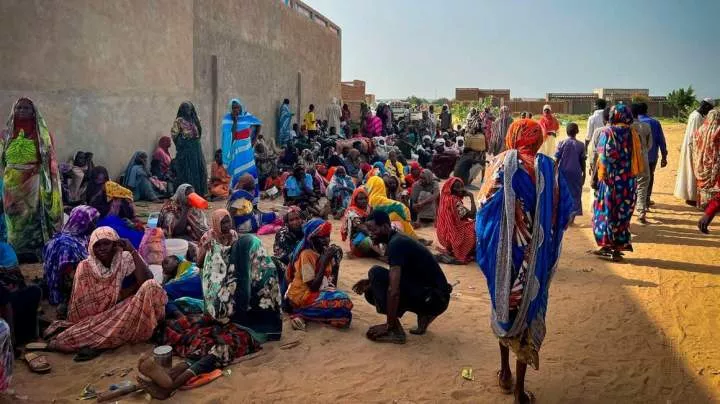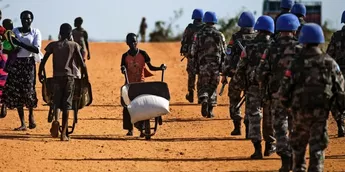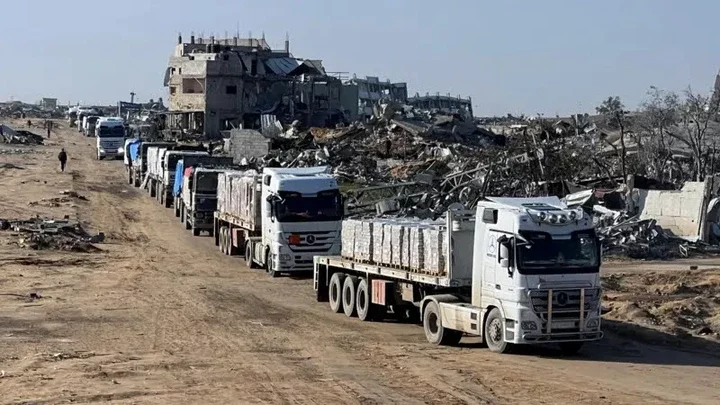
El Fasher, the capital city of North Darfur State in Western Sudan has become "the most dangerous and worst place to live on earth" due to the deadly civil war, according to a non-governmental doctors' union.
"All residents of El Fasher may become dead, either from hunger, thirst, bullets, lack of health and medical services, or other repercussions of the ongoing conflict," the Preliminary Committee of the Sudanese Doctors Union said in its report released on Saturday.
The report on El Fasher said mass displacement has occurred as civilians flee to safer areas, while the use of heavy weapons inside residential neighborhoods has transformed the entire city into an operational zone.
The report accused the paramilitary Rapid Support Forces (RSF) and its allies of carrying out systematic, deliberate and continued bombardment of civilian neighborhoods and health facilities.
It is worth noting that both warring sides, RSF and Sudanese Armed Forces (Saf) have been accused of war crimes by human rights organisations, including deliberately targeting civilians and blocking humanitarian aid.
The committee called for an immediate and unconditional cessation of fighting in El Fasher, opening safe corridors to allow entry of humanitarian and medical aid to the city and stopping targeting civilians and civilian buildings.
The Director General of the Ministry of Health in North Darfur State, Ibrahim Khatir, described the report as "logical and objective."
"We agree with the content of the report. Definitely, the residents of El Fasher are dying from bullets, hunger, thirst and lack of treatment," Khatir told Xinhua.
Since May 10, fierce clashes have been raging in El Fasher, the last stronghold of the Saf in the Western Darfur region.
Sudan has been witnessing a deadly conflict between the Saf and the RSF since April 15, 2023, resulting in the loss of at least 16,650 lives. An estimated 10.7 million people are now internally displaced in Sudan, with approximately 2.2 million others seeking refuge in neighboring countries, according to most recent UN data.

















Comments